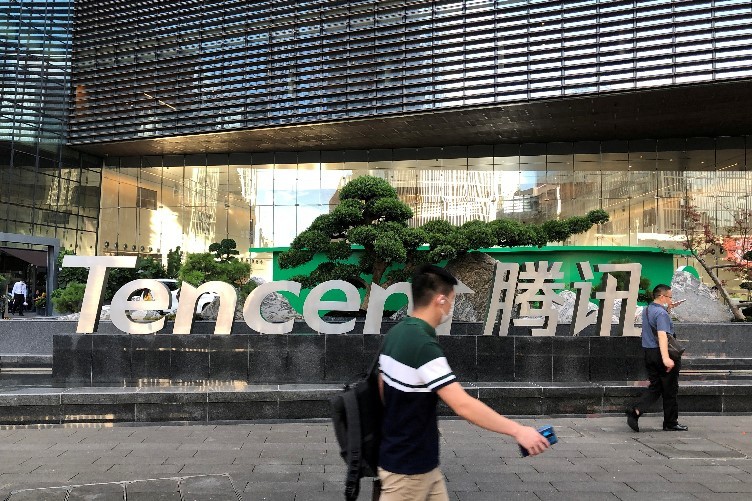China-based streaming services offered by tech giants Baidu and Tencent will soon be banned in Taiwan. As per the announcement, Baidu's iQiyi and Tencent's WeTV have been operating in the country illegally. Therefore, all services should stop operating.
Tencent and Baidu will soon be blocked in Taiwan, but why?

Two of the largest Chinese tech companies Tencent and Baidu, will soon lose their services in the self-governing island of Taiwan.
CNN reported that these companies were giving illegal video-streaming services in the guise of Tencent Video or WeTV and iQiyi in the country. By partnering with local companies, these China-based companies give services without operating legally.
But soon, it will be reprimanded, according to Taiwan's National Communications Commission.
Tencent Video and iQiyi are like the Netflix of America. It provides licensed movies, TV series, and even allow customers who paid subscription to upload original films and content.
Compared to Netflix, though, the movies that are being offered include Mandarin subtitles and language only in Asian countries, generally in China.
Connie Liu, a product manager in Taipei whose subscription to iQiyi's streaming service, runs until 2022, said via Nikkei Asian Review that Chinese streaming apps don't need to be kicked out of country, but needs to be associated with a new set of rules.
"If watching the content on iQiyi carries the risk of being brainwashed, what about watching Chinese dramas on YouTube Premium?" said her. "I think the government should draft new rules to regulate Chinese [streaming] platform operators rather than just kick them out of Taiwan."
14-day deadline

As per the announcement, Tencent and Baidu will be given a 14-day deadline, which is until Sept. 3.
"After the expiration of the notice period, the plan is to make an official announcement on Sept. 3," said in the press release. "Violators will be investigated and dealt with by the National Communications Commission in accordance with Article 86, Item 4 of the "Regulations on People's Relations between the Taiwan Area and the Mainland Area."
Martin Bao, an analyst, specializing in Chinese internet companies at ICBC International, said via Nikkei Asian Review that Taiwan's banning of these services was not really based on financial impact, but for 'symbolic value.'
World vs. China?
Ever since the United States started its clampdown in Chinese companies, many countries also block or ban Chinese apps.
In the U.S., President Donald Trump signed an executive order banning most Chinese apps from Tencent and ByteDance, citing 'national security issues.'
The United Kingdom also pushed its plan to ban China-based Huawei out of the country, alongside with the U.S.
This article is owned by Tech Times
Written by Jamie Pancho
![Apple Watch Series 10 [GPS 42mm]](https://d.techtimes.com/en/full/453899/apple-watch-series-10-gps-42mm.jpg?w=184&h=103&f=9fb3c2ea2db928c663d1d2eadbcb3e52)



